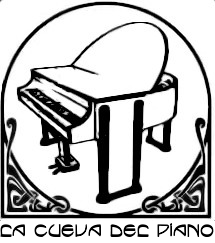Premonition
Like a dividing line, the Great War separated 19th century society from the one that emerged in the 20th century. Although the war was a catalyst for significant social transformations, the struggle to be part of the Modern Project already existed as an old—perhaps eternal—battle. Back then, like now, the battlefield appeared to be shaped by macro-political and economic forces. However, in 1910, many collectives fighting for social recognition were close to achieving certain victories. As Virginia Woolf observed, “on or about December 1910 human character changed.” Other collectives, however, would need to endure several more decades of struggle before achieving any significant results. Despite apparent failure, their fight became part of various societal aspirations as they emerged from carnage in 1918.
“Premonition” captures the aura of the pre-war years through Debussy’s piano Preludes. I reinterpret these pieces, composed between 1909 and 1912, to map certain historical and societal tendencies striving to be part of the Modern Project. I considered Debussy’s music appropriate here because it became an archetype of the modernist spirit. It represented the sonic essence of Modernism through the exploration of new sounds and by rescuing forgotten or marginalized musical heritages foreign to mainstream 19th century European culture. Furthermore, the richness of the historical and literary references found in Debussy’s preludes is fascinating. Though these extra-musical allusions might seem extremely subtle, Debussy’s letters reveal a profound literary knowledge and prove that the literary and historical associations are not accidental.

|

|



